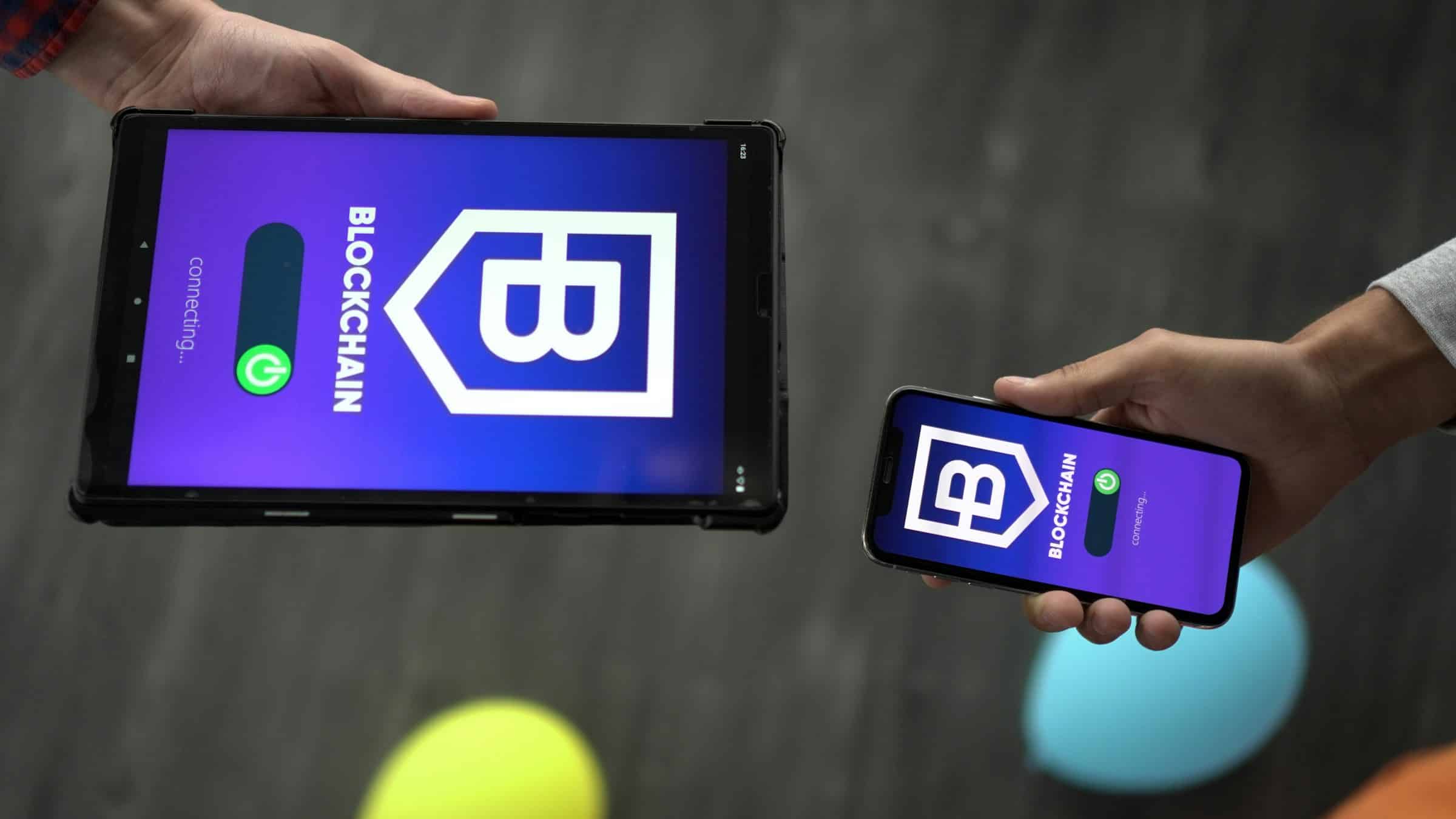What are the benefits and challenges of using blockchain technology for secure in-game item trading?

In the evolving landscape of the gaming industry, blockchain technology emerges as a transformative force, promising secure and transparent in-game item trading. This technology, originally designed to support cryptocurrencies, has now found a fertile ground in gaming, reshaping how players interact with digital assets. But as with any innovation, blockchain gaming comes with its set of benefits and challenges. In this article, we'll explore what blockchain brings to the table for game developers and gamers alike.
The Benefits of Blockchain Technology in Gaming
Blockchain offers numerous advantages that can significantly enhance the gaming experience. By integrating blockchain, gaming platforms can provide a more secure, transparent, and decentralized environment for players.
Also to read : How can developers use AI to create more realistic and responsive enemy AI in stealth action games?
Enhanced Security and Transparency
One of the most significant benefits of using blockchain in gaming is enhanced security. Blockchain's decentralized nature ensures that data is distributed across multiple nodes, reducing the risk of hacking and data breaches. This ensures that game assets are safe, and players can trade items without fear of losing their digital assets to cyber criminals.
Blockchain also brings transparency to the forefront. Every transaction made on a blockchain is recorded on a public ledger, visible to all network participants. This level of transparency can eliminate fraudulent activities, ensuring that all trades are fair and verifiable. For gamers, this means a more trusted environment where game items have verifiable ownership and history.
Also read : How can developers use real-time facial recognition to create adaptive NPC interactions in open-world games?
True Ownership of Digital Assets
In traditional gaming, players merely rent or lease their digital assets from the game developers. Blockchain-based games, however, empower players with true ownership of their in-game items. Through NFTs (Non-Fungible Tokens), gamers can own unique, verifiable digital assets that they can trade, sell, or keep as they please. This ownership is not limited to the lifespan of the game; players retain their assets even if the game shuts down.
Interoperability Across Games
Blockchain technology fosters interoperability, allowing digital assets to be transferred and used across different games and platforms. This is revolutionary for gamers who can now carry their in-game items, achievements, and even characters from one game to another, creating a more unified and immersive gaming experience. This interoperability is powered by smart contracts, which automate and enforce the rules for transferring game assets between games and platforms.
Play-to-Earn Opportunities
The concept of play-to-earn is gaining traction in the gaming blockchain world. Blockchain-based games offer players the chance to earn real-world value through their gameplay. By participating in the game, completing quests, or winning battles, players can earn tokens or digital assets that hold monetary value. This not only adds an incentive for players to engage more deeply with the game but also creates a new revenue stream for gamers who can earn while they play.
The Challenges of Blockchain Technology in Gaming
While the benefits are substantial, the adoption of blockchain technology in gaming is not without its challenges. These challenges need to be carefully considered and addressed to fully realize the potential of decentralized gaming.
Scalability Issues
One of the primary challenges faced by blockchain games is scalability. Traditional blockchain platforms like Ethereum struggle with high transaction volumes, leading to slow processing times and high fees. In a gaming context, where real-time transactions are crucial, these limitations can severely impact the gaming experience. Game developers are exploring solutions like Layer 2 protocols and alternative blockchain infrastructures to overcome these scalability issues.
Complexity and User Experience
For the average gamer, the concept of blockchain and cryptocurrencies can be intimidating. The need to understand wallets, private keys, and transaction fees can create a steep learning curve. This complexity can deter new players from engaging with blockchain-based games. Improving the user experience by simplifying interactions with the blockchain and providing comprehensive tutorials and support is essential to attract a broader audience.
Regulatory and Legal Concerns
The integration of blockchain technology in gaming raises several regulatory and legal issues. Digital assets and NFTs can be subject to varying regulations across different countries, creating a complex legal landscape for game developers. Ensuring compliance with these regulations while maintaining the decentralized nature of blockchain can be challenging. Developers need to stay informed about the evolving legal framework and work with legal experts to navigate this terrain.
Environmental Impact
Another critical challenge is the environmental impact of blockchain technology, particularly proof-of-work (PoW) systems like Bitcoin and Ethereum. These systems require significant computational power, leading to high energy consumption and environmental concerns. The gaming community and developers are increasingly aware of the need for sustainable practices. Transitioning to more energy-efficient consensus mechanisms, such as proof-of-stake (PoS), can help mitigate the environmental impact.
The Future of Blockchain in Gaming
Despite the challenges, the future of blockchain gaming looks promising. As the technology matures, we can expect to see more innovative solutions that address current limitations and unlock new possibilities for the gaming industry.
Advancements in Technology
The continuous development of blockchain technology is paving the way for more scalable and efficient solutions. Projects like Ethereum 2.0 and other next-generation blockchain platforms aim to improve transaction speeds and reduce fees, making blockchain more viable for gaming applications. These advancements will enhance the overall gaming experience, making it smoother and more seamless for gamers.
Mainstream Adoption
As blockchain gaming becomes more accessible and user-friendly, we can expect to see mainstream adoption. Major gaming platforms and studios are already exploring and integrating blockchain elements into their games. This trend will likely continue, with more developers recognizing the potential of blockchain to create richer and more engaging gaming experiences.
Community-Driven Development
One of the unique aspects of decentralized gaming is the potential for community-driven development. Blockchain enables players to have a more active role in the game development process, contributing ideas, assets, and even funding through decentralized autonomous organizations (DAOs). This collaborative approach can lead to more diverse and innovative games, tailored to the preferences of the player community.
Enhanced Security Measures
As blockchain technology evolves, so will the security measures to protect digital assets and game data. Advanced cryptographic techniques and multi-layered security protocols will make game transactions even more secure and resilient against threats. This will further build trust among gamers, encouraging more users to embrace blockchain-based gaming.
Blockchain technology offers a myriad of benefits for secure in-game item trading, from enhanced security and transparency to true ownership of digital assets and play-to-earn opportunities. However, it also presents challenges like scalability issues, complexity, regulatory concerns, and environmental impact.
As the technology continues to evolve, it's likely that these challenges will be addressed, paving the way for a more robust and inclusive gaming industry. By embracing blockchain, the gaming community stands to gain a more secure, transparent, and engaging gaming experience that transcends the limitations of traditional gaming models. The future of blockchain gaming is bright, and the journey has only just begun.
Ultimately, the benefits of using blockchain for secure in-game item trading outweigh the challenges, promising a new era of innovation and empowerment for players and game developers alike.
